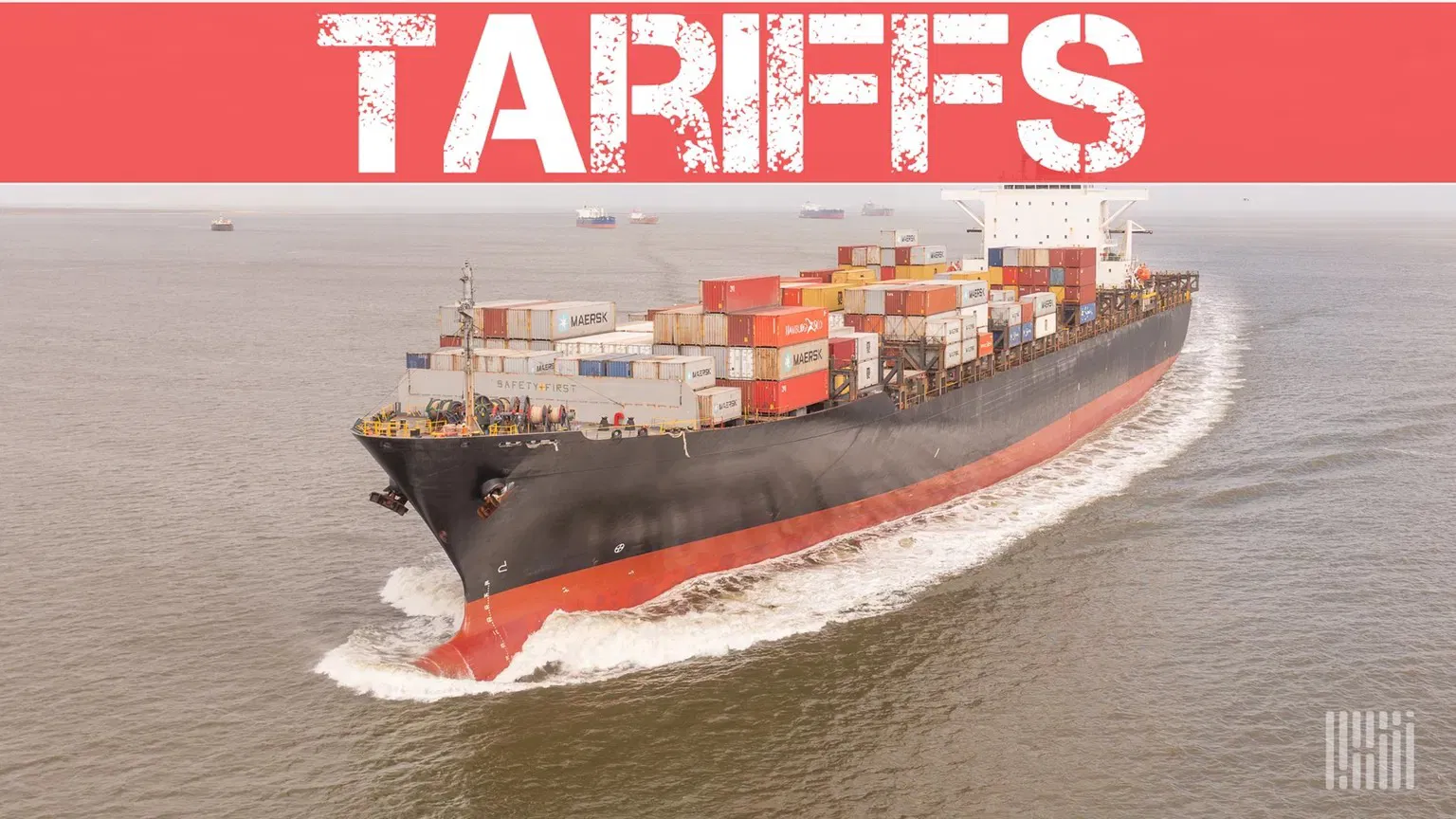The recent announcement of a trade deal involving new import tariffs depicts a significant shift in international logistics dynamics. This article delves into how these changes affect global shipping, logistics strategies, and what they imply for businesses and consumers alike.
The Overview of the Trade Deal
A notable development in international trade has emerged with the introduction of a 20% import tariff on goods imported from Vietnam to the U.S., effective immediately. This new tariff replaces a previously proposed 46% duty rate that was initially flagged during various trade announcements. The tariff-induced costs are factored into the logistics and supply chain, which are crucial when considering the pricing of goods and transport dynamics.
Under the new agreement, it’s crucial to note that goods originating from third-party countries, if sent through Vietnam before reaching U.S. shores, can incur tariffs as high as 40%. This change demands logistics firms and supply chain managers to reassess transportation routes and sources of goods, emphasizing the necessity for adaptive strategies in global logistics.
Trade Dynamics and Their Effect on Logistics
The logistics industry is intricately linked to international trade policies. As tariffs change, so too does the movement of goods across borders. A prominent transition in tariff rates could lead to various outcomes:
- Увеличение расходов: Goods travelling from Vietnam will carry heavier fees, impacting pricing strategies and consumer spending.
- Supply Chain Re-evaluation: Companies must choose whether to absorb the tariff costs or pass them onto consumers, leading businesses to explore alternative suppliers or regions for sourcing products.
- Transportation Adjustments: Logistics providers will need to adapt their routes, possibly utilizing new distribution centers or altering shipping methods to mitigate increased fees.
Implications for Different Sectors
Specific sectors will feel this change keenly, from automotive parts to textiles, as tariffs influence not only costs but the overall strategy of how goods are moved. Companies relying heavily on international logistics must seek to diversify their supply chains, potentially leaning on GetTransport.com for affordable and efficient cargo transportation solutions.
Understanding Tariffs and Their Broader Impacts
Import tariffs serve as a double-edged sword: while they might protect local manufacturers, they also raise costs for consumers and businesses alike. This situation is particularly critical for the logistics sector, where timely and cost-effective cargo movement is vital.
The new 20% tariff marks a new chapter, pushing logistics firms to devise more strategic plans. Here’s how the logistics landscape can tilt with these changes:
- Market Navigation: Businesses must navigate the increasingly complex market conditions, shifting supply lines while maintaining cost-effectiveness.
- Cross-Border Movement: Delays at customs can lead to bottlenecks in logistics frameworks. Ensuring that paperwork aligns with regulatory requirements will become indispensable.
- New Partnerships: Collaborating with logistics providers like GetTransport.com, who specialize in global shipping, can help companies maintain their competitive edge.
The Current Landscape of U.S.-Vietnam Trade
Vietnam has emerged as the seventh largest trading partner to the U.S., boasting nearly $149.6 billion in two-way commerce. Predominantly exporting apparel, footwear, and electronics, Vietnam’s goods will now navigate through more challenging logistical waters due to heightened tariffs. This increase in import duty from 10% to 20% emphasizes an evolving market that necessitates agile responses from logistics and transportation providers.
Following these changes, the U.S. still engages warmly with Vietnamese exports. However, businesses should prepare for a recalibration in trade volumes and pricing structures that can arise from these tariffs.
Выбор подходящего партнера по логистике
As businesses manage the fallout from increased tariffs and ever-evolving trade relationships, selection of the right logistics partner becomes paramount. GetTransport.com stands out as a reliable solution, offering:
- Глобальный охват: Access to various international markets with competitive pricing.
- Разносторонние услуги: Transport options including cargo deliveries, heavy goods transport, and relocation services.
- Эффективность затрат: By simplifying logistics processes, GetTransport.com helps clients minimize costs and maximize delivery efficiency.
Заключительные размышления
The impact of these import tariffs is an important consideration for anyone involved in logistics and trade. Although tariffs increase costs and operational complexity, the push towards reevaluating logistics practices could spark innovation across industries. As tariffs may not always dictate the future of trade, personal experiences and strategic partnerships play a significant role.
Ultimately, as consumers and businesses navigate the complexities of tariffs and international trade, they can rely on GetTransport.com for affordable and reliable transportation solutions. Remain ahead of the curve and enhance your logistics strategies to ensure seamless operations in an ever-evolving economic landscape. Book your cargo transportation today at GetTransport.com.

 Понимание влияния новых импортных тарифов на глобальную логистику">
Понимание влияния новых импортных тарифов на глобальную логистику">